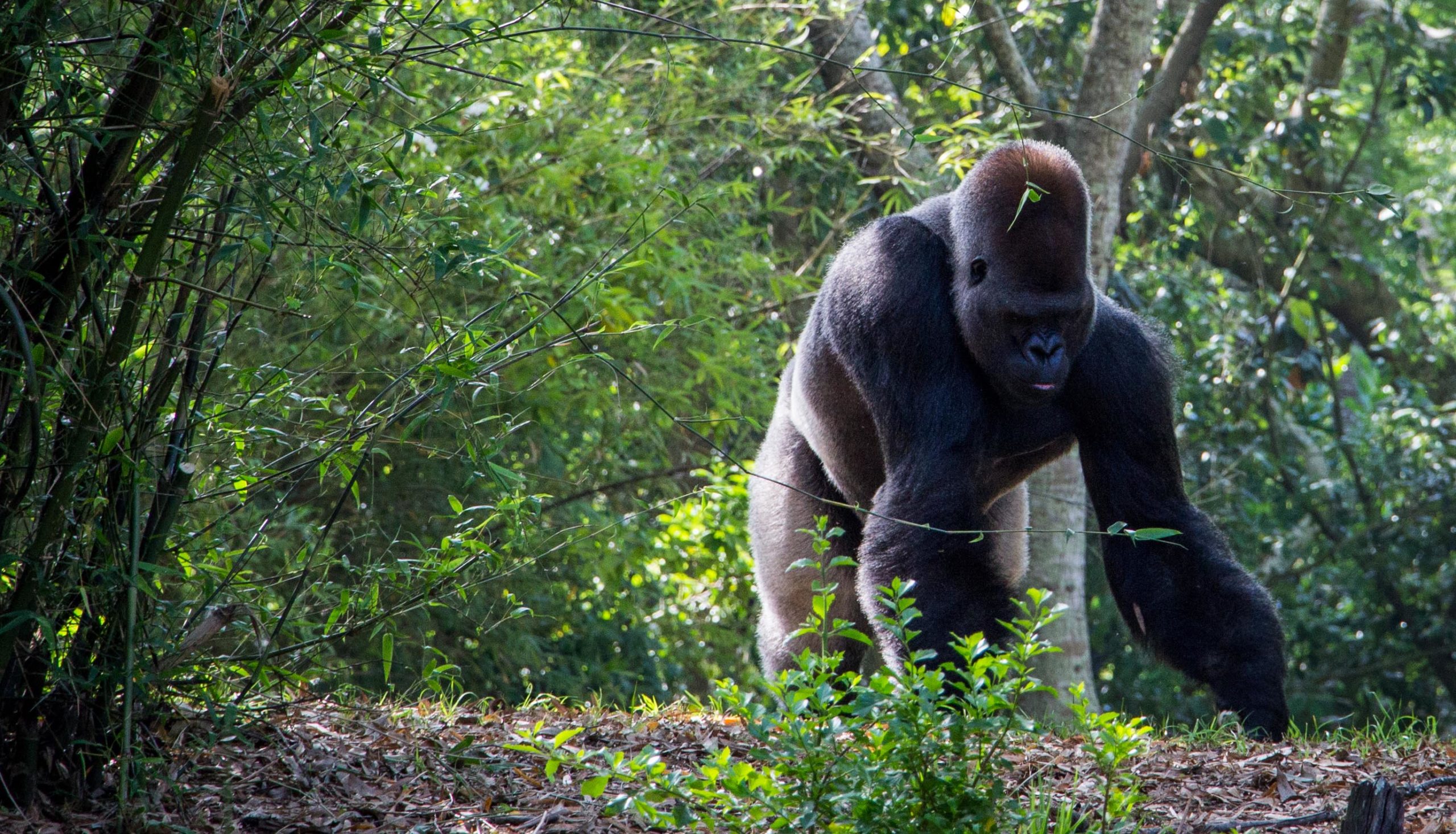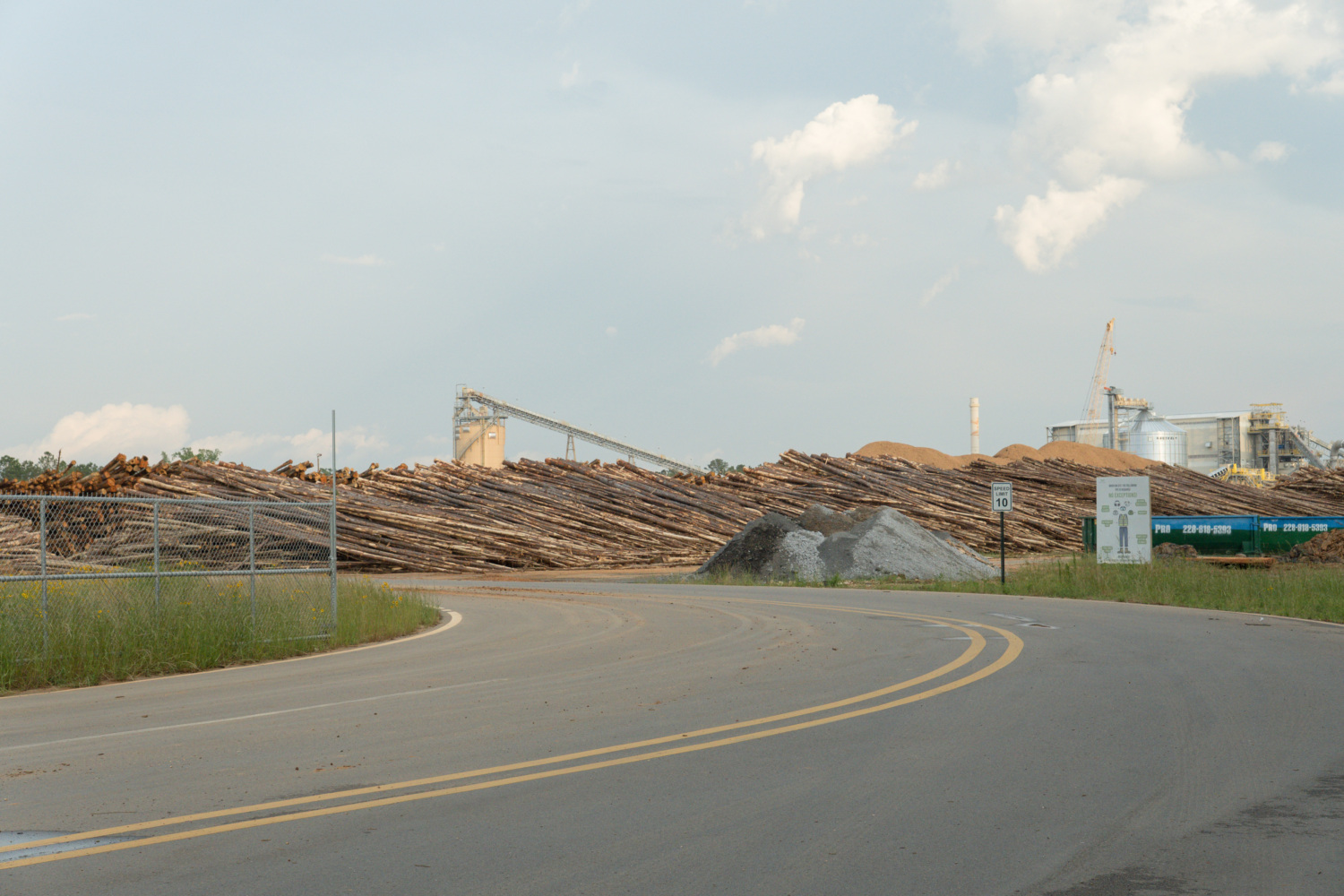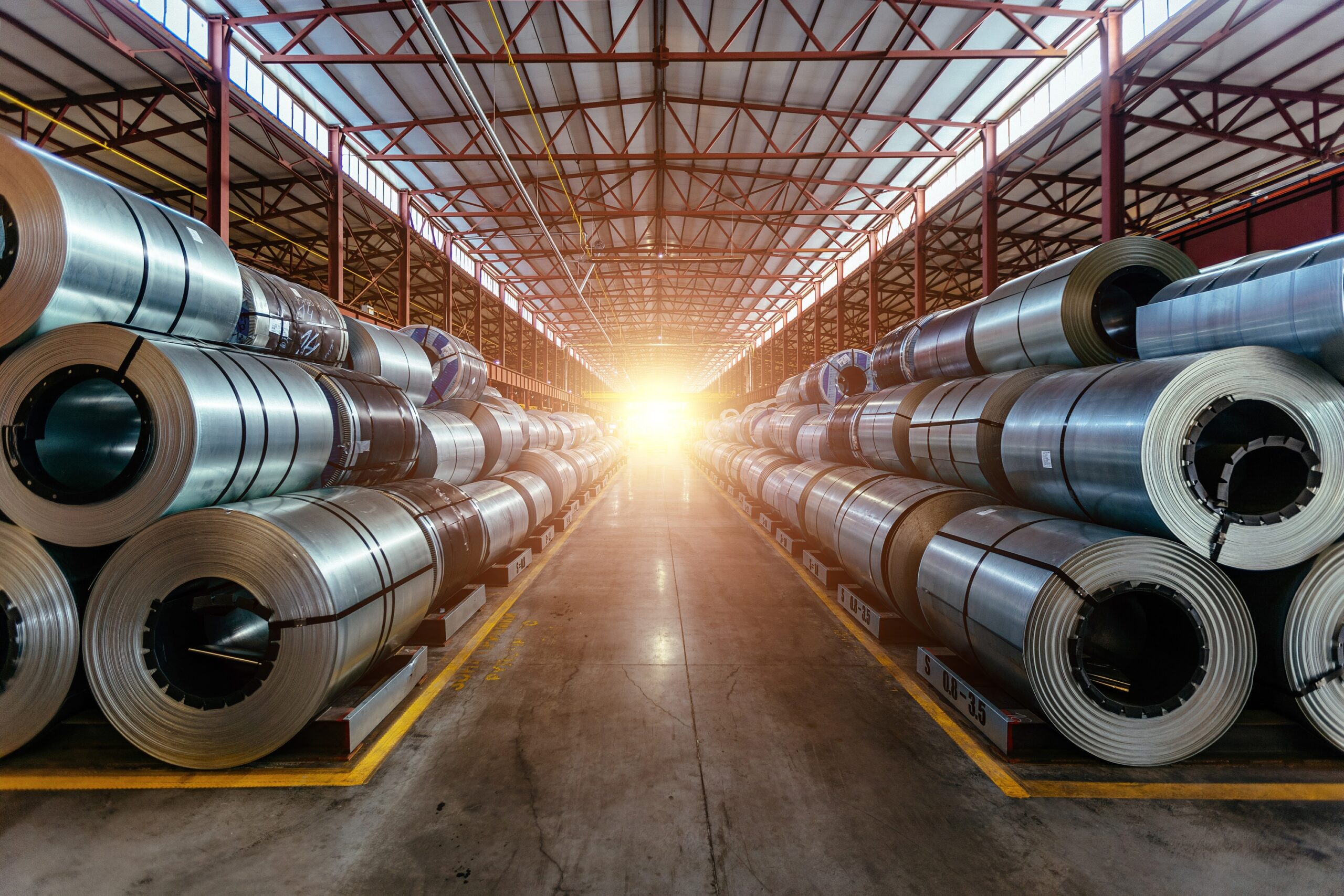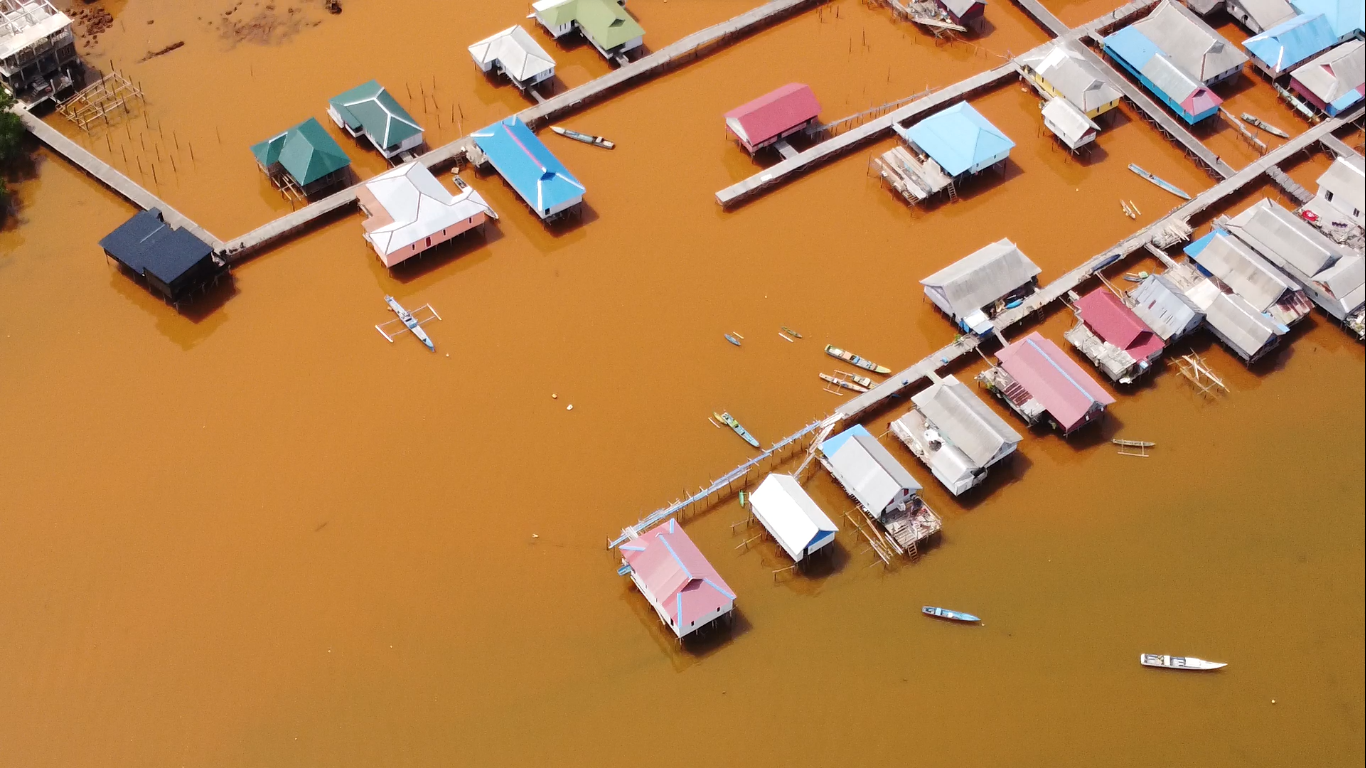
Mighty’s Agreement with World’s Largest Farmer Could Have Major Implications for the World’s Forests
By Glenn Hurowitz
Mighty Earth, Olam, and World Resources Institute today announced an important breakthrough agreement to protect forests, great ape habitat, and local communities in Africa and Asia. This is a big step because Olam is “the world’s largest farmer,” operating in 70 countries and trading in 47 agricultural commodities.
Under the agreement, Olam agreed to suspend deforestation for palm oil and rubber, and also apply the industry-standard High Carbon Stock approach to its third-party suppliers (the agreement doesn’t apply to commodities other than palm oil and rubber, such as cocoa and coffee, areas we are continuing to investigate).
It followed Mighty Earth’s global campaign and publication of our Palm Oil’s Black Box report about Olam’s operations, and negotiations between Mighty Earth Chairman (and former Congressman) Henry Waxman and Olam CEO Sunny Verghese in Washington, DC. Action from Olam stakeholders like Singapore’s sovereign wealth fund Temasek, as well as an array of Olam customers, and investors and banks contributed to this agreement. This breakthrough would not have been possible without the support of the Arcus Foundation, which works to conserve great ape and gibbon habitat around the world.
Of course, we hope that Olam’s suspension of land clearing in forests will have direct impacts to protect habitat for chimpanzees, gorillas, and other wildlife in Gabon and other places it operates. In addition, we hope this agreement dramatically improves treatment of local communities; we are continuing to work closely with our Gabonese partner Brainforest to monitor and address serious outstanding social issues.
Several aspects of this agreement have the potential for significant positive ramifications that transcend Olam’s own operations.
1. Olam and Mighty Earth have agreed to join others in working to determine consensus standards for development in the few remaining “High Forest Cover” countries that still have most of their forests intact. Olam had justified its activities in Gabon on the basis of that country’s high forest cover and relative lack of large-scale degraded land; on the other hand, we and other environmental advocates have traditionally viewed large, intact, wildlife-rich ecosystems like those found in Gabon as exactly the ones that need protecting from plantation agriculture. We’ve always believed that development should be focused on the 125 million hectares of degraded land around the world. We are hopeful that, just as the recent NGO-company “convergence process” on agriculture development was able to build consensus around strong conservation standards for commodity agriculture development around the world, this process will do the same for development in High Forest Cover landscapes like Gabon. Just as in the “convergence process,” we anticipate the key group will be the High Carbon Stock Approach, and its High Forest Cover working group.
2. The agreement also formally shuts down the “palm oil black box” that was the initial focus of Mighty’s report. Our initial concern was that Olam was keeping its suppliers’ identities secret, creating a potential outlet for rogue palm oil companies that wanted to evade the strong “No Deforestation” policies that almost all of Olam’s rivals (Wilmar, Musim Mas, GAR) have adopted. Now, Olam has taken a step forward for transparency by revealing their suppliers’ identities, pledged to apply the industry-standard strong conservation policies to them, and take further steps to align their transparency measures with industry leaders. We will of course continue monitoring Olam and other companies’ operations. We hope that they will soon take important steps like revealing their mill locations, and invest in serious conservation and restoration initiatives.
3. Olam’s commitment to deforestation-free rubber in its own plantations is one of the first examples of a corporate commitment to environmental and social responsibility in the rubber industry. Rubber is a globally significant driver of deforestation, but almost no rubber companies have any sustainability policies that go beyond mere pledges to adhere to the laws of the countries in which they operate. Michelin started to change that with its Sustainability policy in 2016, and now Olam is stepping up on the producer side. We anticipate greatly increased calls for the rubber industry to align themselves with deforestation-free policies in the palm oil, paper, and soy industries.
We look forward to working with Brainforest, Olam, WRI and all our allies around the world to make this progress stick in the months to come.
Featured image from Flickr.


